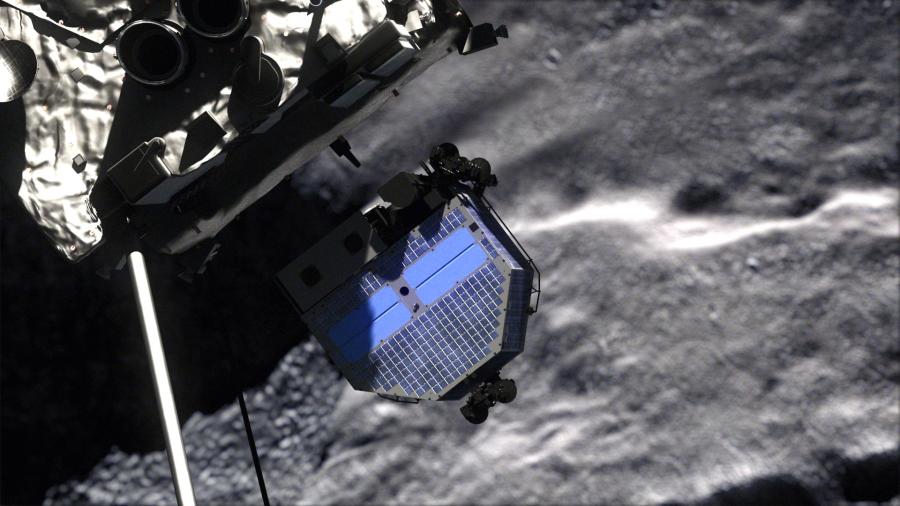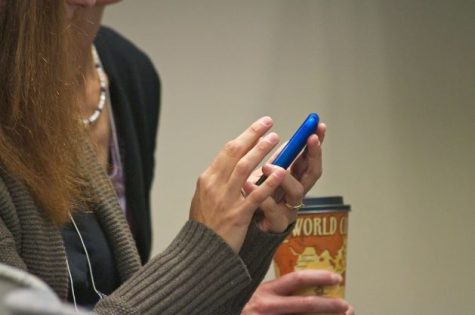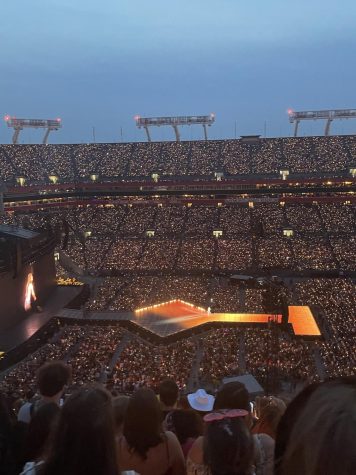A Leap in Space
On November 12th history was made. The Germans were able to be the first to ever successfully land a space craft on a comet. The rover and its mother ship, the Rosetta Stone, traveled to a comet currently about 317 million miles away from Earth.
The project was launched in 2004 and it has taken ten years to actually land the rover, Philae, on the comet. The rover was to eject from the mother ship and spend seven hours navigating towards the comet. The journey there was a little shaky but successful. The German engineers believe the rover bounced once before it landed. They aren’t sure if the harpoons that were supposed to latch on to the comet actually deployed making the landing much tougher.
Roberto Battiston, president of the Italian Space Agency told the AP that this was “A small jump for robot, a giant leap for mankind, and for Europe.”
The comet was about a 4 billion mile trip for the Rosetta Stone to make and cost about 1.6 billion dollars. Despite the price it was a major leap in the space industry.
As soon as the rover landed it began to send data back to Earth. It takes an astonishing 28 minutes to receive data traveling at the speed of light. This breakthrough is experiencing some problems despite its success, the rover had an unexpected bounce while landing that put it in a shadow with no sunlight. Without sunlight the rover cannot use its solar panels to power itself. Instead it has to use its batteries which only have about 60 hours of work in them.
“It was a huge leap. We may be in the rim of a crater. That might explain the bizarre orientation,” Dr. Stephan Ulamec, Philae Lander manger told the AP.
Scientists are now in a race against time to perform its crucial tests it was designed to do. It is currently drilling in the surface of the comet to test the chemical make-up of it. The scientists believe that the comet may be the key to answering how essential life began on planets such as Earth.
“Comet impacts are thought to have been one of the principal means by which water was delivered to early Earth, around 3.6 billion years ago, possibly contributing to half the water in our oceans,” Stanley Crowley of the University of Leicester told AP.
This discovery was ground breaking and it will be interesting to see how this kind of testing will turn out and what the scientists will be able to accomplish with the rover.
FSA Connection Questions
- What is the tone of the article?
- What is the author’s purpose?
- What is the connotation of the word “engineer?”
- How do you think the author feels about the passage?
- What was the main idea of the passage?

Mason Strickland strives to be a role model to all. Born on the 25th of October in the sunny state of Florida, Mason was the 1st of two children. He currently...











